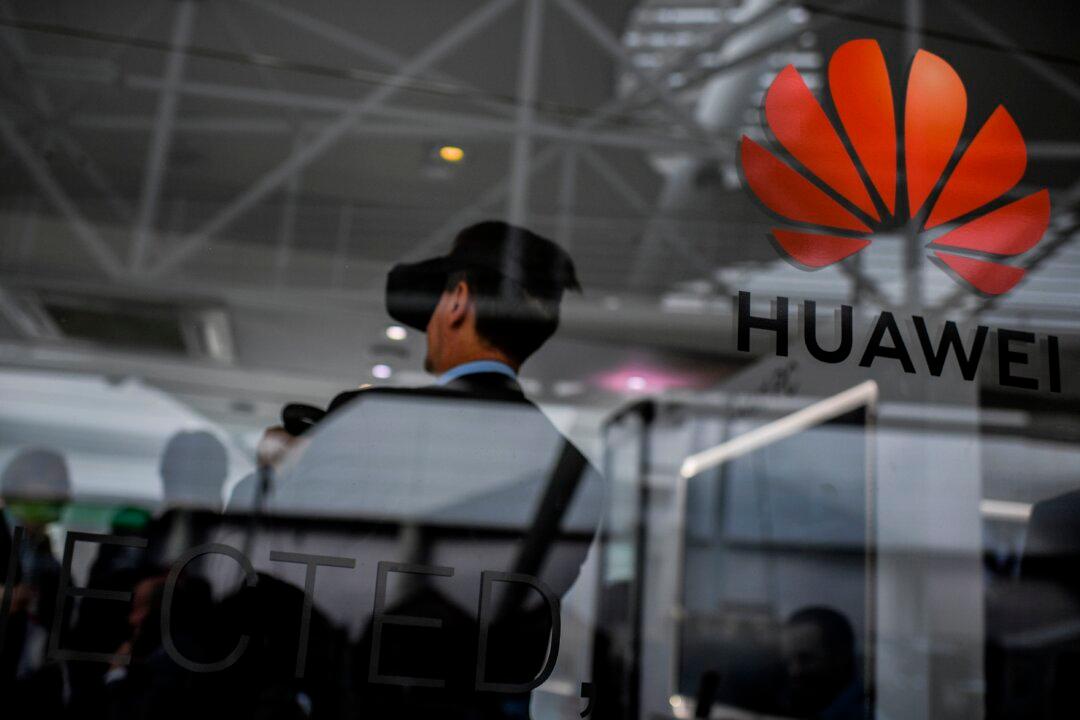Chinese telecom giant Huawei got a bad rep around the world after information from a former Huawei employee was published online. Another former employee shared his experiences with The Epoch Times on Dec. 5.
Jin Chun obtained a master’s degree in computer science in Ireland and worked for Huawei on big data research for three years before leaving the company in April of this year. He says that Huawei is actually an agent of the Chinese communist regime, a military unit that combines commercial activities, espionage, intelligence, and technology theft in its daily operations.





